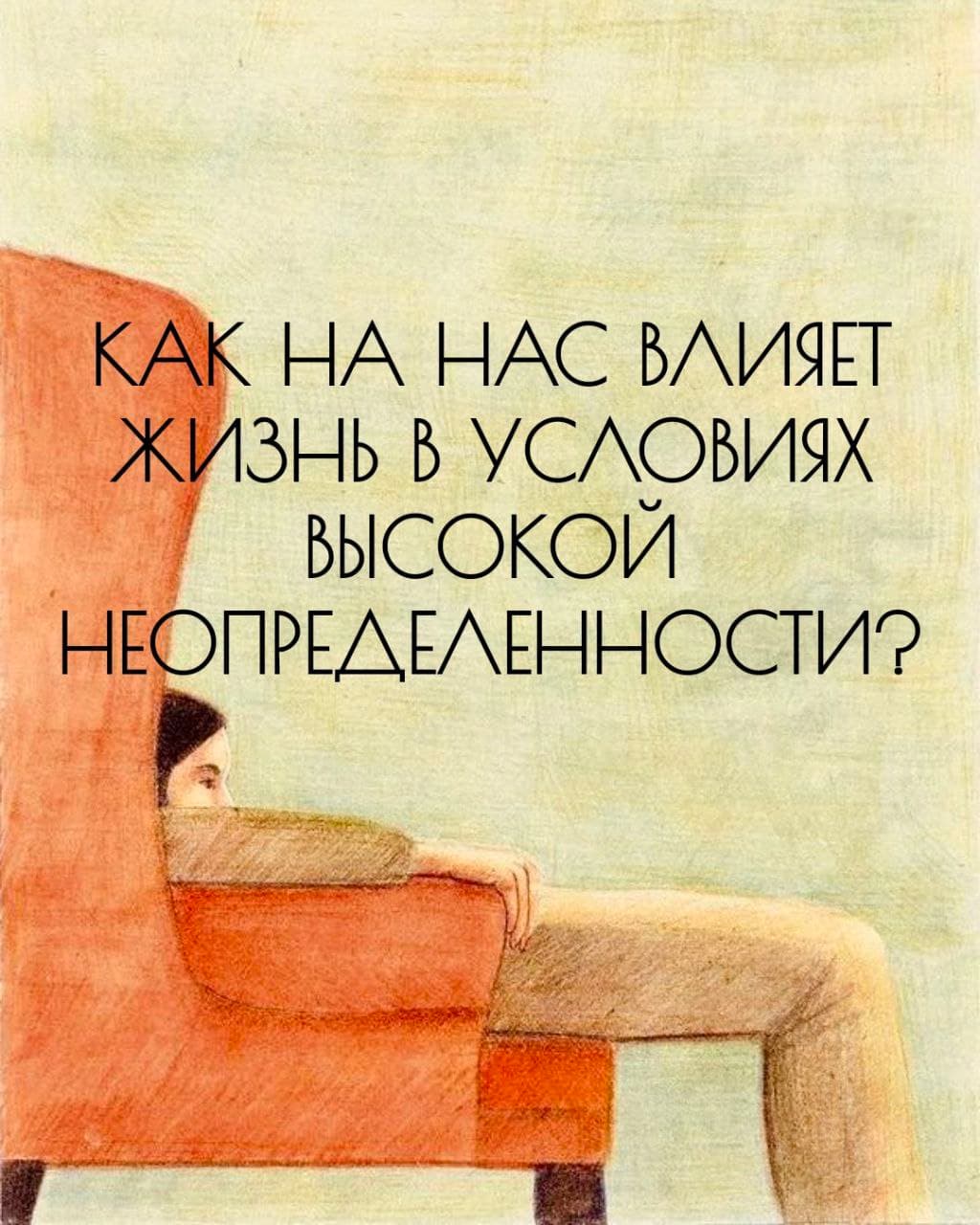
@omprograms
Uncertainty is almost inevitable and, in a way, even a familiar part of our lives. But when the level of uncertainty is high, it can affect a whole range of important aspects of our lives.
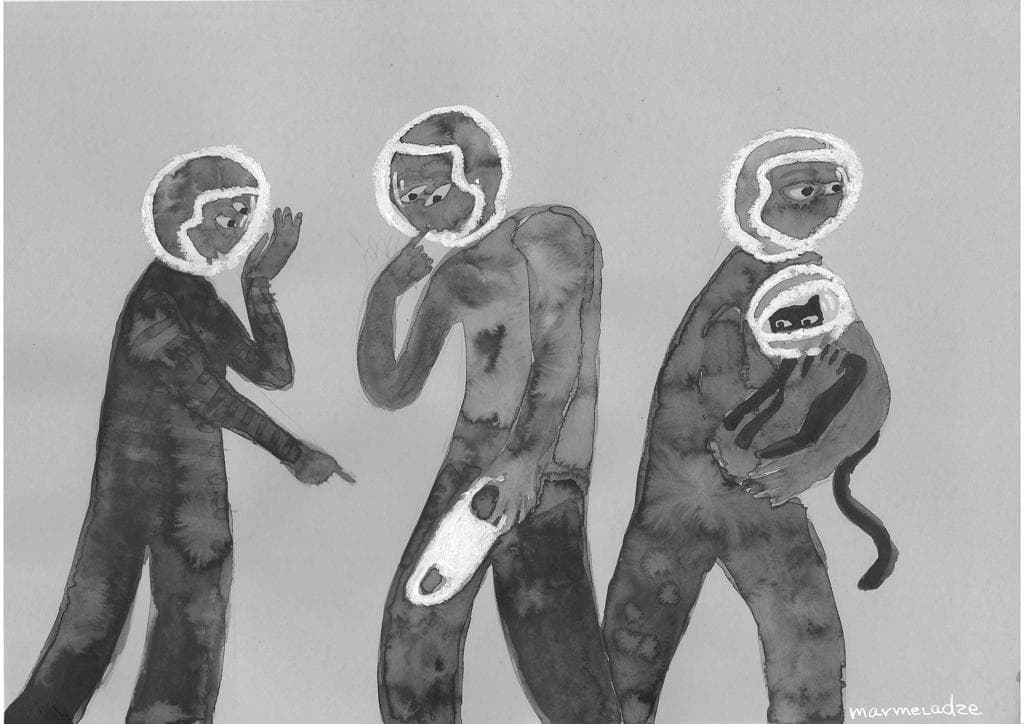
During the pandemic, there was an inversion of the usual interaction between people. The space of contacts shifted significantly online: the computer in our room began to contain a huge external world: friends, colleagues, clients, webinars, broadcasts, online parties with participants from different countries. At the same time, personal space has become cramped and confined within homes and families.
Olga Movchan
Despite the end of the pandemic looming before us (and whether it's the end or just a respite...), it seems that we shouldn't worry about the fate of the online format. There's a good chance that a substantial portion of our interactions will remain in virtual space.
On the one hand, it takes time to stop perceiving each other as a source of infection (this fear was formed in many people during the pandemic and may be actualized when it becomes legally possible to be together with a large number of people in the same room). On the other hand, we have come to appreciate a new, quite attractive, albeit slightly surrogate, taste of socializing online. It's not just the hated online, where you screw up your eyes, can't hold your interlocutor's hand and smell the same smells together. It's also a marvelous online where you don't have to worry about how you smell and don't have to be embarrassed by touching. Besides, you don't have to get ready, spend time on the road, and you don't even have to put on pants. Online, everyone in the meeting has a lot more control. We are used to looking at ourselves in a small square on the screen and understand exactly what our interlocutor sees. You can always notice and remove crumbs from your beard or adjust your shoulder strap. In extreme case there is an option to leave the contact in a safe way for the relationship - to turn off the computer: "Oh, sorry, there were some network failures". In real communication it is much more difficult. You can, of course, refer to unexpected problems at work or a sudden indisposition, but it is more difficult, especially for conscientious people, because your vis-a-vis was also preparing, wasting time on the road... It is not the case online.
For people with introverted tendencies, it is now possible to finally live the life they have dreamed of. Instead of agonizing face-to-face meetings, it is quite conventional to see each other and solve everything online. Not wanting to meet in person is no longer seen as weird or boorish. Fortunately for introverts who have received this unexpected legacy of the pandemic, these trends are likely to be embraced by younger people, who generally feel much more comfortable online than the older generation.
Perhaps online and offline questioning will even be a way to demonstrate a position in the hierarchy or a special relationship to the interlocutor. Say, agreeing to an offline conversation in a professional format would be a way to show interest or special favor. So maybe routine contacts will take place online, while face-to-face meetings, as more difficult and less convenient, will be a demonstration of special respect or affection.
The everyday nature of online can make it much more difficult for those who have used indirect ways to influence customers, such as hidden sales. Online, people are much more protected from self-serving coziness and care than in a real meeting. They can't be seduced by the terrific aroma of coffee, or the taste of brandy, or a soft chair. So marketers and seals will have to look for new forms of work.
Serious changes can also occur in those areas where meetings or trips were solving many tasks at once. For example, a scientific or business conference. People used to go there with different purposes, sometimes combining them, of course: to make a report, to listen to others, to get acquainted, to hang out. Now it makes no sense to fly three hours on an airplane to read a forty-minute report, much less to listen to it. So, before you take a plane ticket, you now have to honestly admit that the purpose of your trip is not a report, but a glass of good wine in the company of nice colleagues (for example). However, there is nothing unexpected or objectionable about this.
Most of us have missed live communication with people very much. Many primarily communicated only with family members and unloaded all their dissatisfaction and tension on each other. "Against my will / These eyes opposite." During the pandemic, the usual compensatory mechanisms that supported the existence of families were destroyed. Before the lockdown, a huge number of couples were embedded in much more complex permanent and temporary constructs: family systems that included parents, grown children, brothers and sisters, close friends, colleagues, vacation guides, gym trainers, who smoothed out the difficulties and roughness of relationships within the couple. During the pandemic, the usual ways of relieving tension became unavailable: no drinking with friends, no going to exhibitions, and sometimes not even being alone properly. It became significantly more difficult to maintain relationships if some important needs were previously not met within the couple but were fulfilled from outside.
At the same time, the simultaneous experience of isolation and the acute lack of personal space occurred against the backdrop of desensitization (loss of sensitivity to one's own sensations, experiences, and needs) associated with the traumatic nature of the pandemic situation; this made it difficult for the vital ability to feel both oneself and the other, necessary for the existence of relationships within a couple. We had to either face the crisis and try to find ways to live peacefully in a closed system or part ways.
Poor couples. The initial period after lifting restrictions also carries some danger. We missed something fresh and unaccustomed so much that new people might seem much more attractive to us than those we spent the lockdown with, simply because they are new. The charm of novelty can easily be mistaken for infatuation, for new meaning. The effect of a holiday romance is likely. This does not mean that people will necessarily rush to destroy their relationships, but new reasons for tension may arise. Fortunately, those couples who successfully went through joint isolation and possibly the crises associated with it may turn out to be more resilient, as experiencing crises together develops healthier forms of attachment and improves relationships. Many couples will manage to embark on something new together and preserve the value of what they have experienced together.
For those who spent the lockdown alone, there is also a danger of quickly getting into unnecessary relationships or professional endeavors simply due to fatigue from isolation and inactivity. As a result, people may overestimate new relationships and projects, leading to serious disappointments. Not because we are now incapable of communication or new relationships, but because emotional deprivation needs to be handled carefully, like coming out of starvation. First, something dietary and in small portions (small companies and for short periods), to be able to taste it.
We missed something fresh and unaccustomed so much that new people might seem much more attractive to us than those we spent the lockdown with, simply because they are new.
Finally, although many of us have adapted well to the pandemic situation, we approach the end of the lockdown with fatigue and a learned sense of the unpredictability of existence. Coming out of the lockdown is not just a return to the previous life where we can finally relax. It is, in many ways, a new reality to which we also have to adapt. Moreover, it is a reality that will take energy because offline communication, especially new, requires more energy due to unfamiliarity. We all need to be tolerant and patient with each other so as not to destroy the still fragile offline relationships. However, looking at how we adapted to life during the pandemic, it can be said with great confidence that if we do not rush, acknowledge that we went through a difficult time, and pay close attention to our own and others' experiences, we will successfully settle into the post-COVID world, once again enjoying touches and hugs and finding new ways to meet.

Fill out the form below, we will answer your question shortly!

Uncertainty is almost inevitable and, in a way, even a familiar part of our lives. But when the level of uncertainty is high, it can affect a whole range of important aspects of our lives.
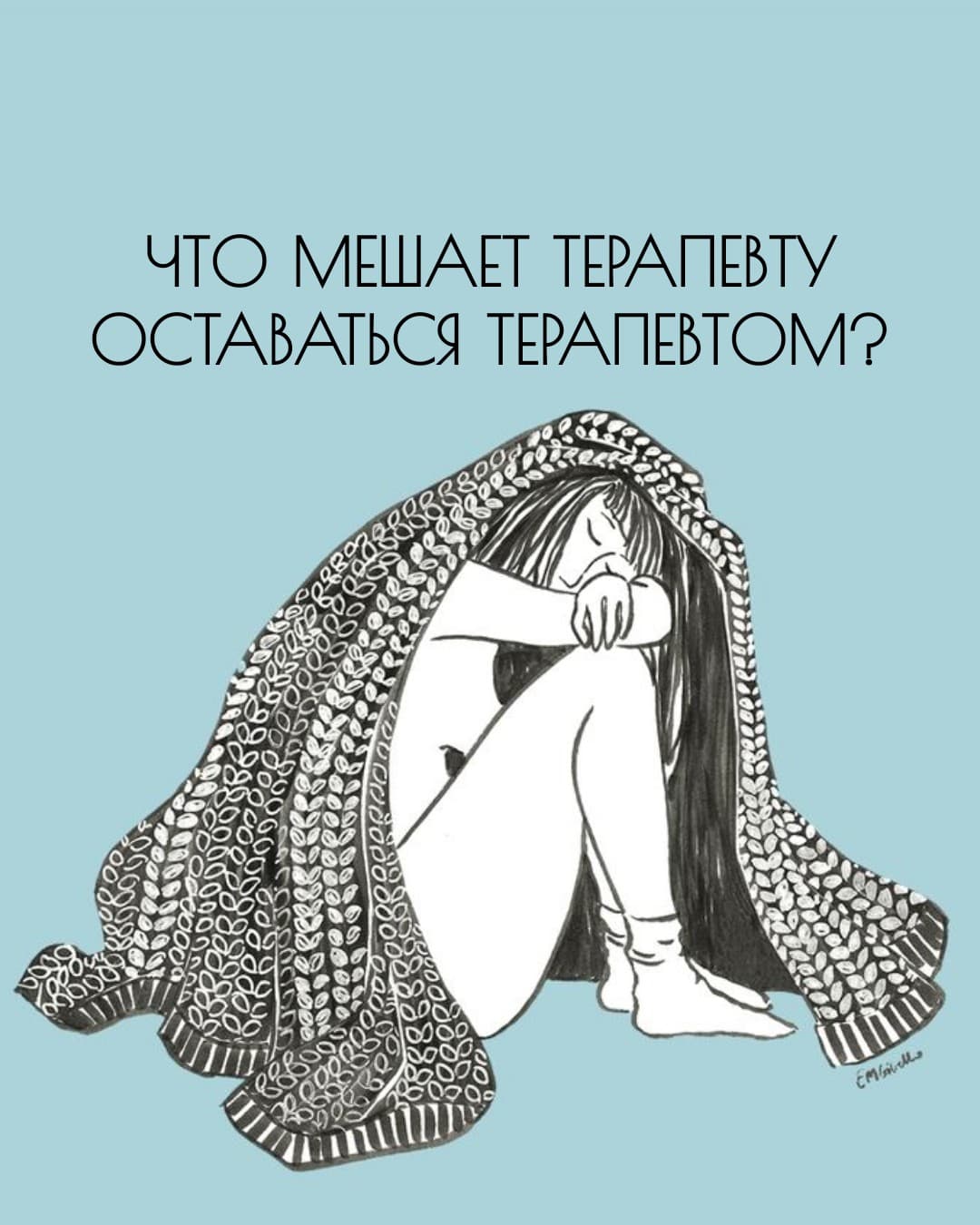
WHAT PREVENTS A THERAPIST FROM BEING A THERAPIST?
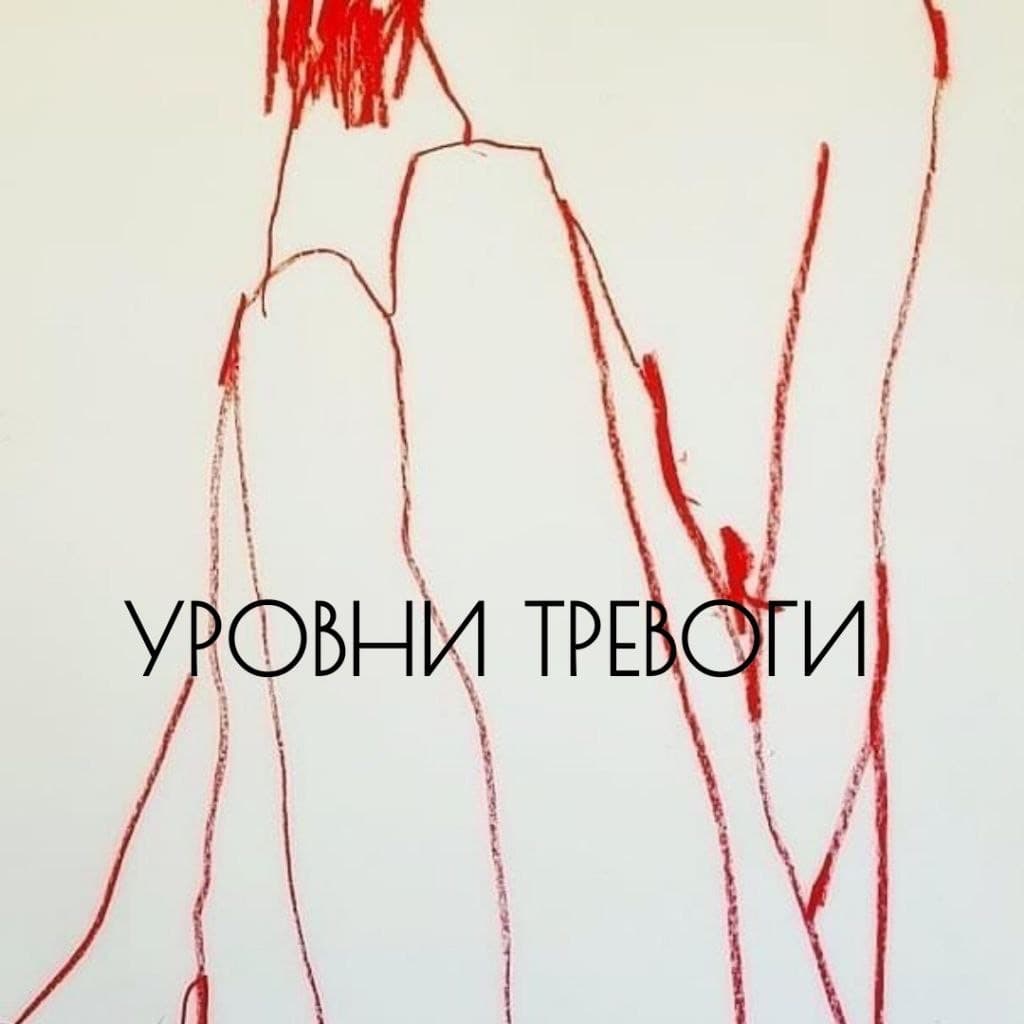
Alarm levels. What is anxiety and how to deal with anxiety?
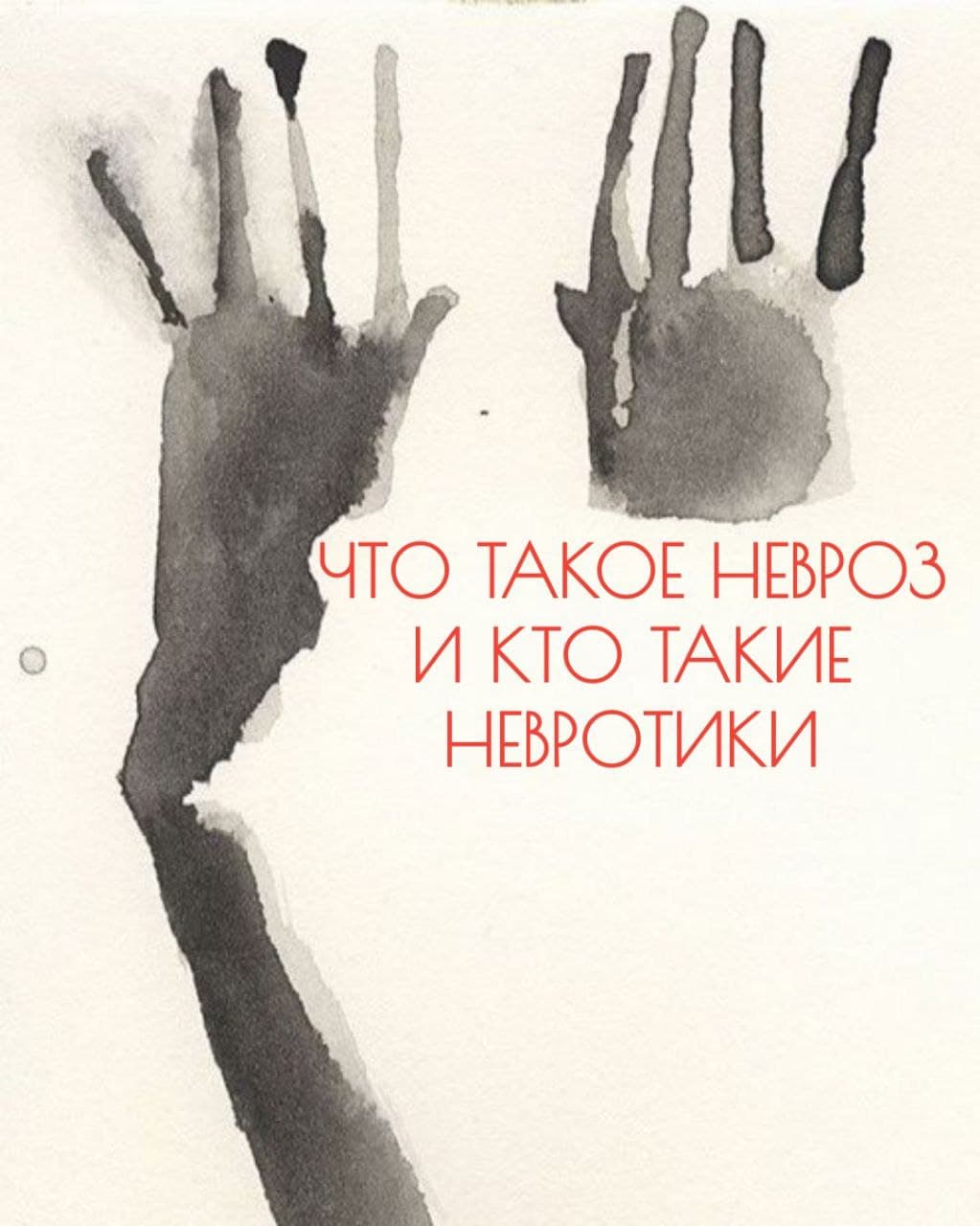
What is neurosis, and who are neurotics?